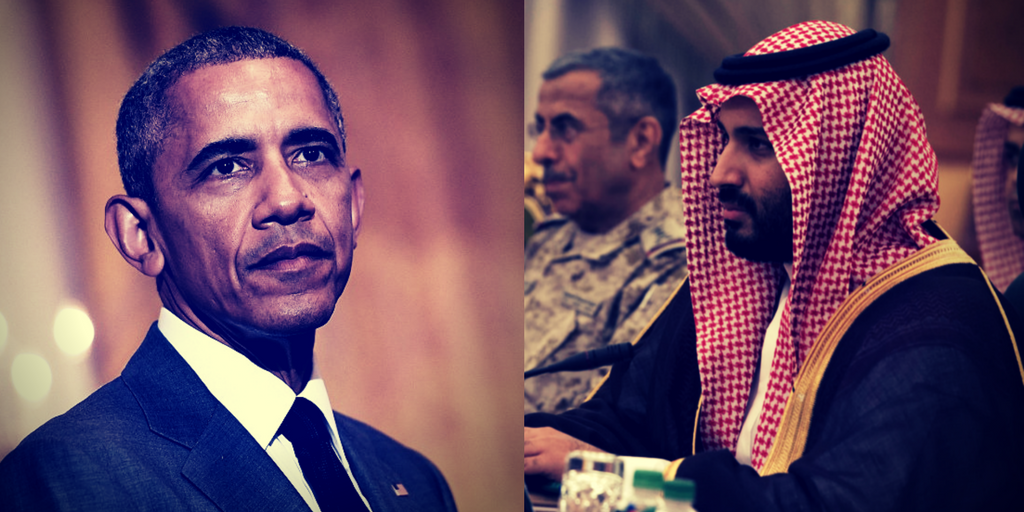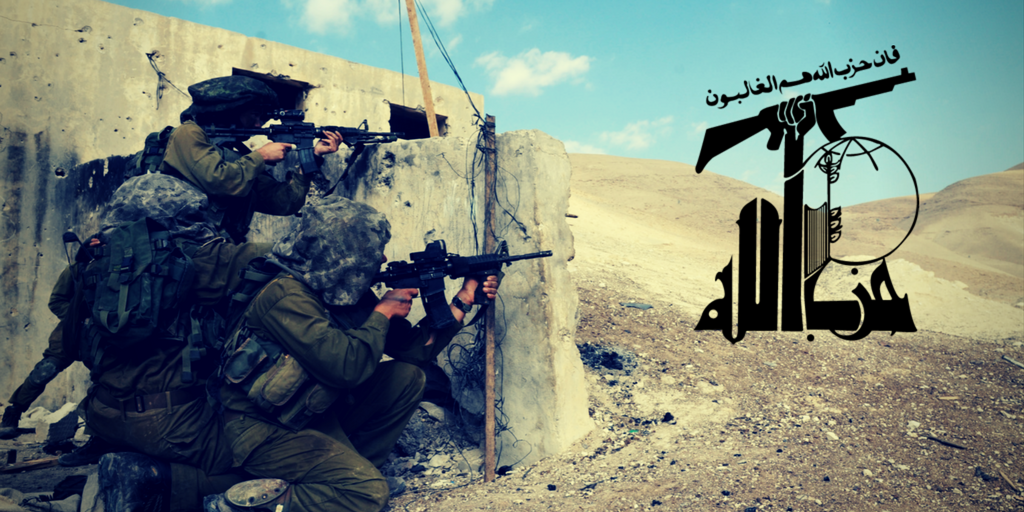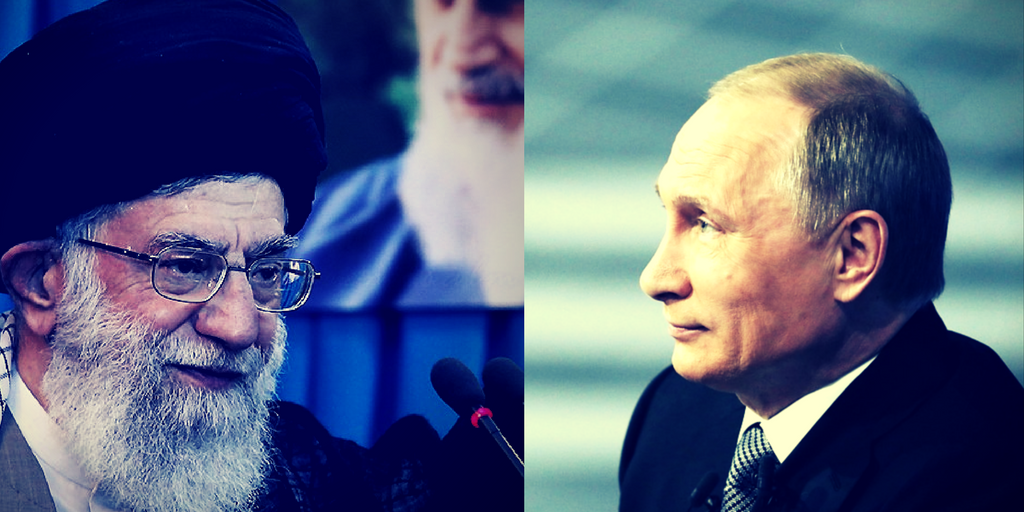As an Arab and a Muslim, I could authoritatively confirm Arab states are now taking the US very seriously. This was not the case at all under Obama’s administration. Nonetheless, some in the media think otherwise, an example of that was a recent article by an Israeli-American journalist, who claims America was now “the laughing stock” of Arab and Muslim states, suggesting President Trump was just following Obama’s policies.
Let’s examine facts on the ground, as they speak louder than journalists watching from afar.
What could be the most pressing issue for Trump’s foreign policy, is the Palestinian-Israeli conflict. I reported months ago the administration had warned Hamas, PLO and their political partner, Jordan’s king, not to launch a third Intifada. All three had been planning one. It took a quick “warning” visit by the CIA’s director to the Palestinian Authority and Jordan, instantly, both stopped their calls for a third Intifada.
Further, a so-called reconciliation deal between the Palestinian Authority and Hamas was recently negotiated under Egyptian patronage, and American pressure. Some, claimed the Hamas terror group was receiving US endorsement and legitimization. Little do they know that Hamas really handed Gaza to Egypt.
That means America’s strong ally, President Sisi, is now Gaza’s caretaker. With him in position, Hamas can no longer conduct terror raids on Israel. In other words, the so-called reconciliation was a mere façade for this change for a de facto Egyptian takeover.
So, why did Hamas give in to Sisi? Our inside sources confirm the US Administration has authorized him to handle Hamas and even issued a threat: If Hamas begins another war with Israel; the US won’t stop Israel from going after Hamas to the end.
This is important; in 2014, Israel came close to annihilating Hamas but Obama stopped it. Trump won’t do that, to the contrary, he would bless Israel’s efforts. Hamas knows this, and many vocal journalists don’t.
If Hamas decides to rebel against Sisi, Israel would finish it off this time and the US won’t save Hamas.
Another allegation against President Trump is that he “had failed to protect the Kurds against the pro-Iran Iraqi government”. This could not be further from the truth.
The administration has been very supportive of the Kurds, and enabled their troops to establish themselves in huge areas in both Syria and Iraq which the US itself had liberated from ISIS. The US is wisely looking at gradual, de facto, Kurdish self-determination, through intelligence, military, and political commitments.
The US is against a premature Kurdish declaration of independence because it would be too risky to the Kurds themselves at the time, nonetheless, the US remains fully supportive of all the de facto mechanisms Kurdistan is executing. The sticking point appears to be in the “declaration” and not the right to self-determination, because a premature declaration destabilizes US plans that benefits the Kurds. As the Iraqi state keeps failing – and this is not the US fault by any chance- it is only natural that a fully-functioning Kurdistan could become independent. Kurdistan is not there yet, but once it is, the US will be the most supportive.
Further, our intelligence sources confirm the US has already warned the Iraqi government against an attack on the Kurdish areas beyond Kirkuk. And even pressured Iraq to use an unprecedented term: “the disputed areas with the Kurds”, now only Kirkuk is a “disputed area”, before that, Iraq’s government considered all of Kurdistan as a mere Iraqi governorate.
A US Congressman, Duncan Hunter, is making a fuss about Iraqi troops using US tanks while waving Hezbollah flags. What he fails to understand is this: Iraq’s dependence on American arms puts the Iraqi military under the mercy of the US. The US could just stop spare parts supply to Iraq at any moment and those tanks would become junk. This is why the US has just recently delivered more F16s to Iraq. Should Iraq bomb the Kurds with them, the US could stop spare parts supplies. An Iraqi source has confirmed to me: “Our spare parts supply is enough for our F16s operations for no more than two weeks, the Americans are very cheap with spare parts, they give us drop by drop”.
In fact, the pro-Iran Iraqi government was so helpless that it had to “criminalize the waving of Israeli flags”. Meanwhile, the Kurds are still waving both the Israeli and Kurdish flags on their soil, more evidence Iraq has no power over Kurdistan. Nor has Iran.
On the other hand, Congressman Hunter began pushing for sales of lethal drones to Jordan’s king just weeks after a Jordanian airman executed three US Green Berets, and Jordan’s regime was officially and publicly defending the killer and blaming the American victims. Why is Hunter so two-faced?
Meanwhile, many seem to swiftly overlook Trump’s biggest accomplishment: ISIS is almost gone! The very ISIS that had thrived under Obama’s nose
Without publicity and drama, and in his first month in the White House, President Trump deployed US special forces in cooperation with Egyptian and Kurdish troops to attack ISIS in Syria. ISIS has lost 90 percent of its area and thousands of fighters.
Also, Trump has deployed America’s military might to secure a ceasefire in Syria. Bloodshed has dropped to very low rates. No more epic massacres from either side. And while Russia is claiming victory, the US boots on the grounds are calling the shots, and the US has full control of Syria’s airspace.
Additionally, safe zones have been created and Syrian refugees are returning home, while the flow of those into Europe has dropped.
Why is this so avidly overlooked by the liberal and leftist media?
Trump’s war on ISIS did not stop with the military. The President took a trip to Saudi Arabia to meet Arab leaders and pressed Sunni states to cut all kinds of support to Islamist terror. Most of them welcomed the call, while others chose to keep supporting Islamists and are now paying for that. For example, Qatar, is now under economic and political siege by most Arab countries, while Jordan’s king is isolated and shunned by most Arab states.
This could have never happened if Trump was not in office.
Even more, Trump has offered full support and cooperation to Saudi Arabia’s modernizing crown prince, Mohammed Bin Salman, who has allowed women to drive, as well as locked up all terror-inciters and radical preachers. Bin Salman is now advocating a 2030 vision for Saudi, where moderation and peace become the norm, with a window open for a just and lasting peace with Israel. As a result, most Arab states are now seeking regional peace with Israel. This is what the president’s peace envoy, Jason Greenblatt, has been silently and tirelessly working on, without the show off and noise.
Arab states are taking America very seriously now, they know there is a new, tough, decisive and strong sheriff in town. This is good for America, Israel and us, the Arab people too.
In the MidEast, America is great again!














